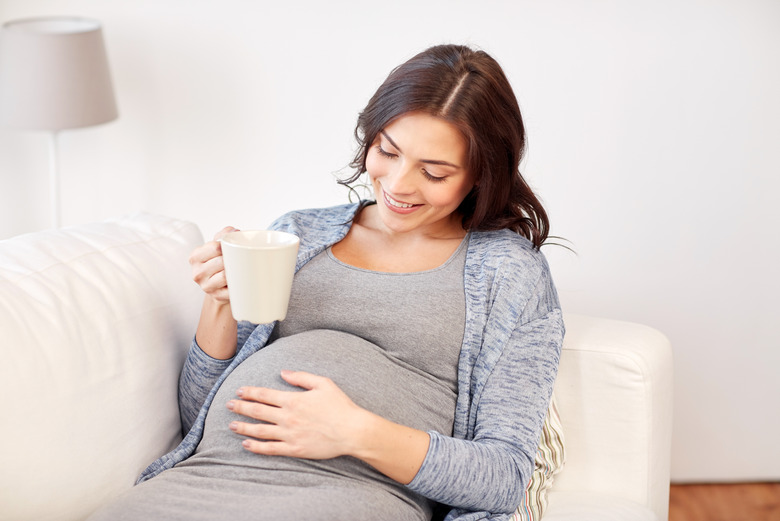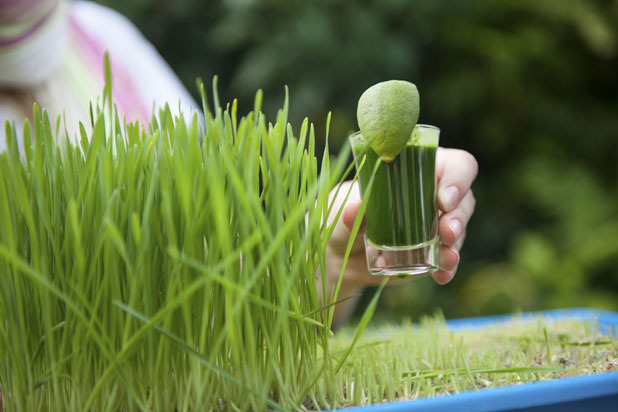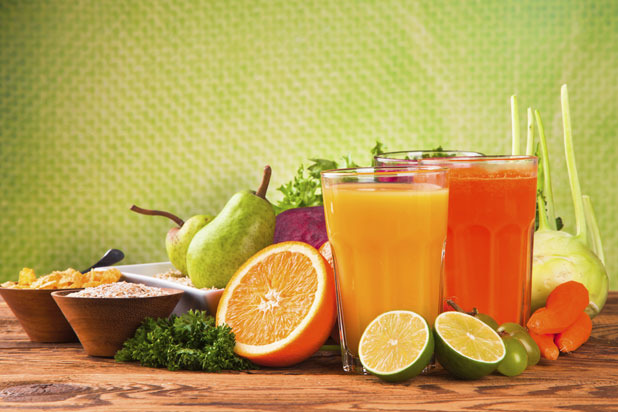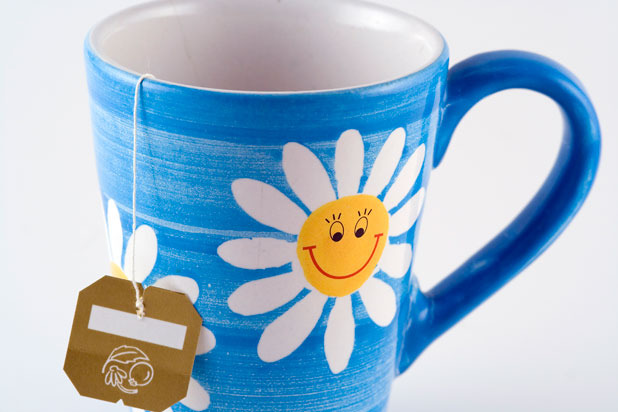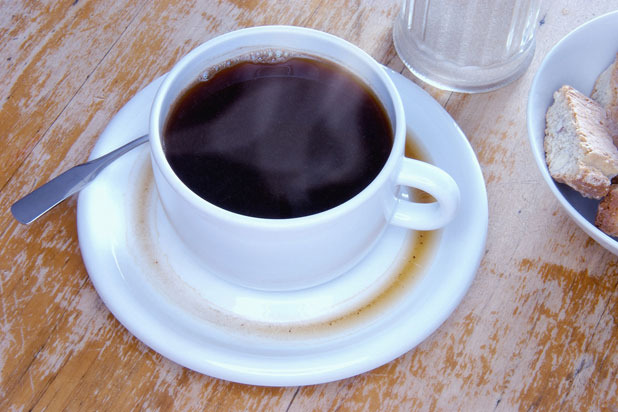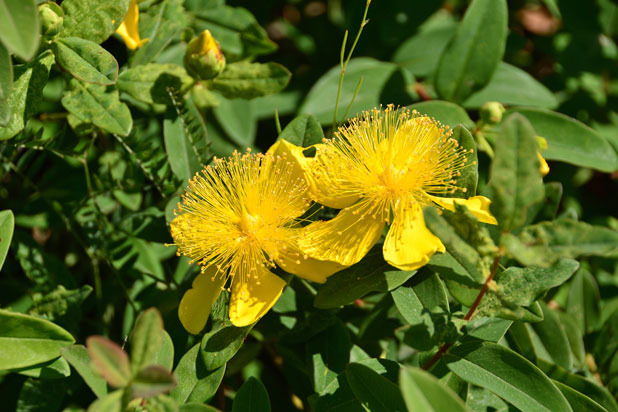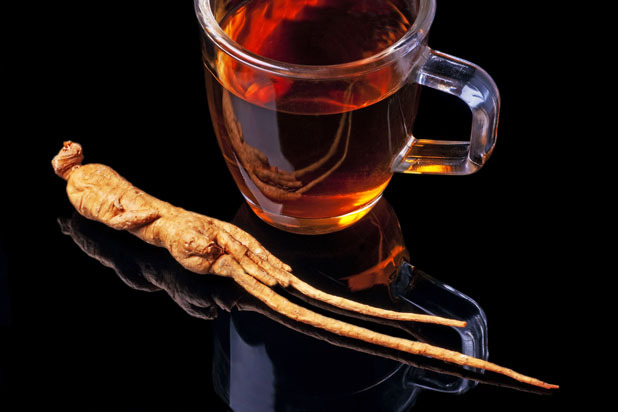8 Drinks You Should Avoid While Pregnant (Slideshow)
Wheatgrass
Nutrient-rich wheatgrass is a common (and healthful) addition to smoothies and juices. Normally, taking a shot of wheatgrass is pretty good for you — or at least it won't do you any harm. Due to the fact that wheatgrass has to be grown in extremely wet conditions, however, the chances of this plant growing mold and bacteria are much higher than average. The American Cancer Society suggests that pregnant women not use it due to the possibility of these issues harming the fetus.
Alcohol
Alcohol is not a great idea during a pregnancy: fetal alcohol syndrome is a real and terrible problem that can cause physical deformities and mental deficiencies. According to The Mayo Clinic, "there is no amount of alcohol that's known to be safe to consume during pregnancy." But as economist Emily Oster wrote in "Take Back Your Pregnancy," in the Wall Street Journal last year, "When I looked at the data from hundreds of studies, I found, basically, no credible evidence that low levels of drinking (a glass of wine or so a day) have any impact on your baby's cognitive development."
If you do choose to drink alcohol during your pregnancy, there is no doubt that it should be done in very light moderation. If you want to consider this option, you should discuss the issue with your doctor, as some medical professionals may say that a four-ounce glass of wine on occasion is an okay idea for pregnant women. That said, nine months doesn't seem so long to wait for a drink, and "better safe than sorry" has a nice ring to it when your kid's life is on the line.
Fresh-Squeezed Juices
Nothing could seem healthier, right? Sadly, when you're pregnant, the Food and Drug Administration does not advise drinking those fresh juices you get at a juice bar.
"When fruits and vegetables are peeled, cut, or fresh-squeezed, harmful bacteria that may be on the outside can spread to the inside of the produce."
It makes sense that you'd want to pasteurize these juices to ensure that there's no potentially harmful bacteria in your drink.
Earl Grey
While you don't have to cut out all tea entirely, Earl Grey (like all black teas) contains tons of caffeine: some tea blends have more than the equivalent of a cup of coffee. Some people debate the amount of caffeine a pregnant woman should consume, but it's worth noting that: "Consuming more than [two cups of tea per day] during pregnancy has been linked to an increased risk of miscarriage and other negative effects, including symptoms of caffeine withdrawal in newborns and lower birth weight," according to the NIH.
Coffee
Like tea, you probably want to cut back on coffee during pregnancy — or choose to cut it out altogether. While some studies suggest that a moderate amount of caffeine during pregnancy is reasonable, consuming caffeine in high quantities can contribute to a low birth weight — which in turn can lead to a lot of undesirable complications.
Apple Cider From the Farmer’s Market
Whatever the season, apple cider from your local farmer's market is delicious, sweet, and a healthful treat. Unless you're pregnant, that is. These ciders are usually unpasteurized, making them a potential risk, as they could be hosting a variety of bacteria.
St John’s Wort
St John's Wort is a great help for many people: the popular tea can combat everything from seasonal affective disorder to OCD to eczema. But it's not wonderful for pregnant women — or for women on many forms of hormonally-based birth control, as it can lower their effectiveness.
Ginseng
The National Institutes of Health calls ginseng "possibly unsafe," during pregnancy, and while tea made from this root can normally help lower stress levels and boost your immune system, it's also been linked to birth defects.
